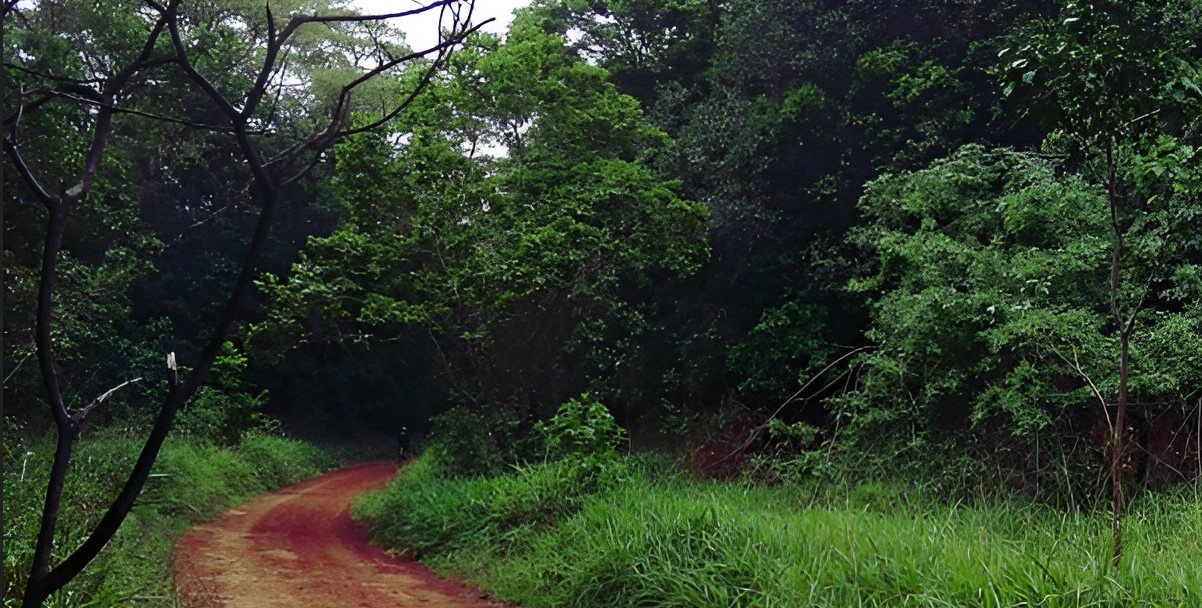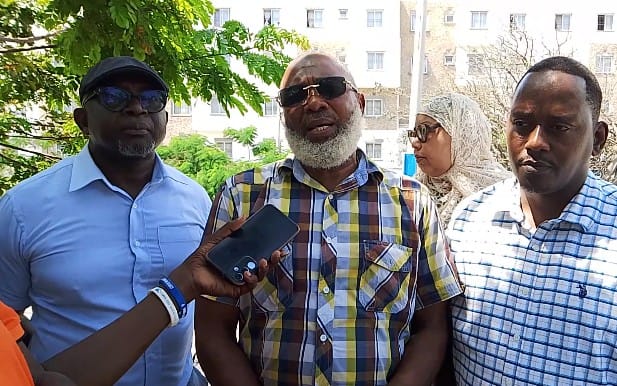Kenyan communities speak out as Verra moves to reform controversial carbon credit system

Chief Justice Martha Koome has emphasised the need for courts to remain alert when dealing with land and carbon rights, ensuring communities benefit fairly and environmental impacts are monitored.
Communities that earn a living by selling carbon credits have been briefed on the ongoing review of carbon standards by Verra, the world’s leading carbon crediting programme.
The review comes two years after The Guardian published an investigative report claiming that over 90 per cent of Verra-certified rainforest credits were “phantom credits” that did not represent real carbon reductions. In response, Verra is now working to enhance the “transparency” and “rigour” of its standards.
More To Read
- UN’s Guterres vows to push for Palestine two-state solution, says he will ‘not shut up’
- Green economy now second-fastest global growth frontier, value hits Sh646.4 trillion - report
- Supporting Africa’s drylands: Insights from the pastoralists who call them home
- What’s at stake in the COP30 negotiations?
- Major global emitters off track, no country strong enough to meet climate targets - report
- African activists rally and challenge COP30 agenda
During a webinar hosted by Grassroots Justice Network (GJN) and Namati-Kenya, Verra officials walked community leaders through the proposed changes, giving them a chance to help shape the new rules. The organisation also collected feedback from participants on the challenges they face in the carbon credit business, such as benefit-sharing disputes and land ownership issues.
Proposed updates include clarifying ambiguous terms, refining property rights, and improving the methodologies used to estimate baselines and emissions reductions. These revisions aim to improve the accuracy, address potential bias, and reduce uncertainty in emission data.
Verra has also invited public input on whether projects applying to register under its standards meet all program requirements.
“Verra is committed to managing standards programs that verifiably advance climate action and sustainable development. We engage stakeholders to ensure that all Verra programs reflect the latest scientific research, best practices, and technological innovations, and that they are as practical and efficient as possible. We also rely on stakeholder feedback on projects as they go through the validation and verification process.”
Land and carbon rights
Meanwhile, Chief Justice Martha Koome has emphasised the need for courts to remain alert when dealing with land and carbon rights, ensuring communities benefit fairly and environmental impacts are monitored.
“The courts must remain vigilant to ensure that consideration is given to key areas such as provision of clarity on land rights and carbon ownership rights, transparent and fair benefit sharing frameworks, monitoring and verification of environmental impacts and outcomes, protection of the indigenous communities and taking also into account community knowledge systems, promotion and protection of informed consent and participation and last but not least, prevention of exploitation or displacement under the pretext of green development,” said the Chief Justice.
She made the remarks on Tuesday while opening a carbon offsetting training for Environment and Land Court judges in Mombasa.
The training, now in its second day, is organised by Namati and seeks to explore legal pathways in carbon offsetting amid a growing number of complex environmental cases in court.
For Frank Setek, founder and executive director of Nkishon CBO—a grassroots group focused on protecting community land and promoting sustainable livelihoods—Koome’s remarks struck a deep chord. Having personally experienced exclusion and led land rights struggles, he said:
“Indigenous and local communities are not observers in carbon narratives; we are the guardians of land and culture. We may not all have media platforms, but we hold lived truths.”
Setek pledged to keep telling the stories of his community to amplify marginalised voices and make justice visible.
Top Stories Today
















































